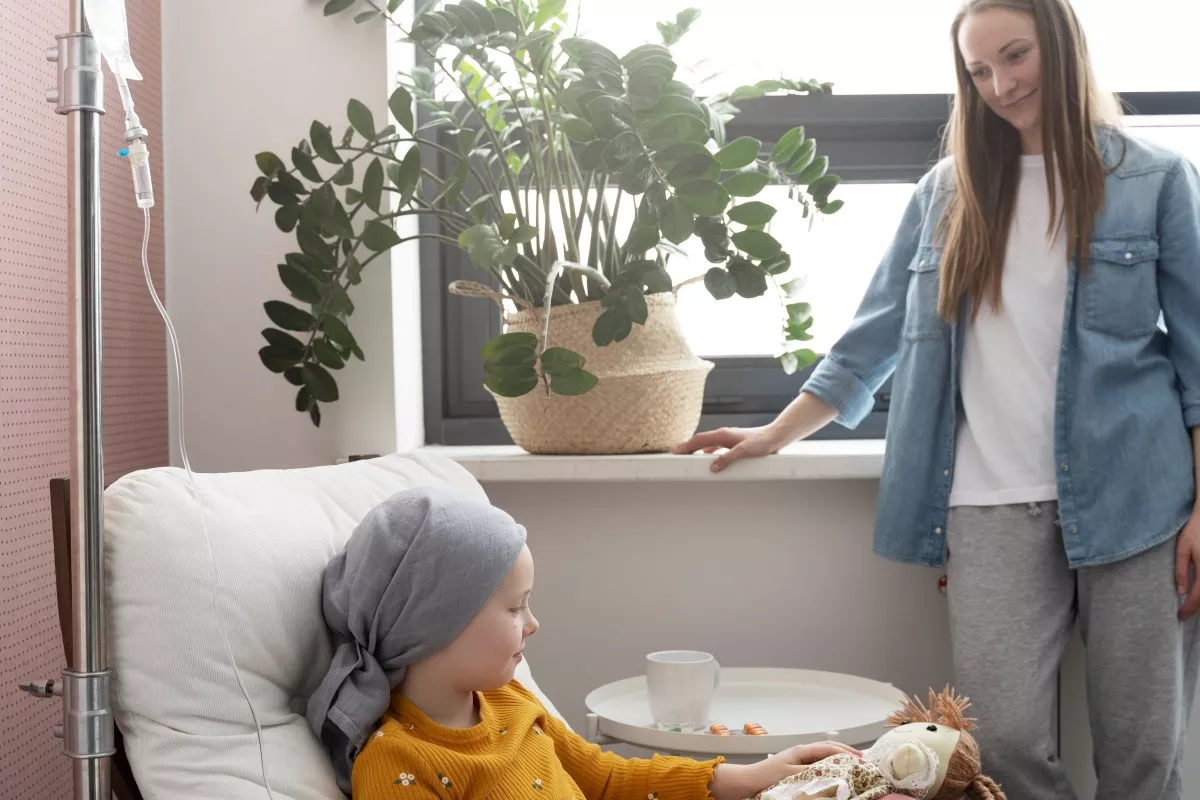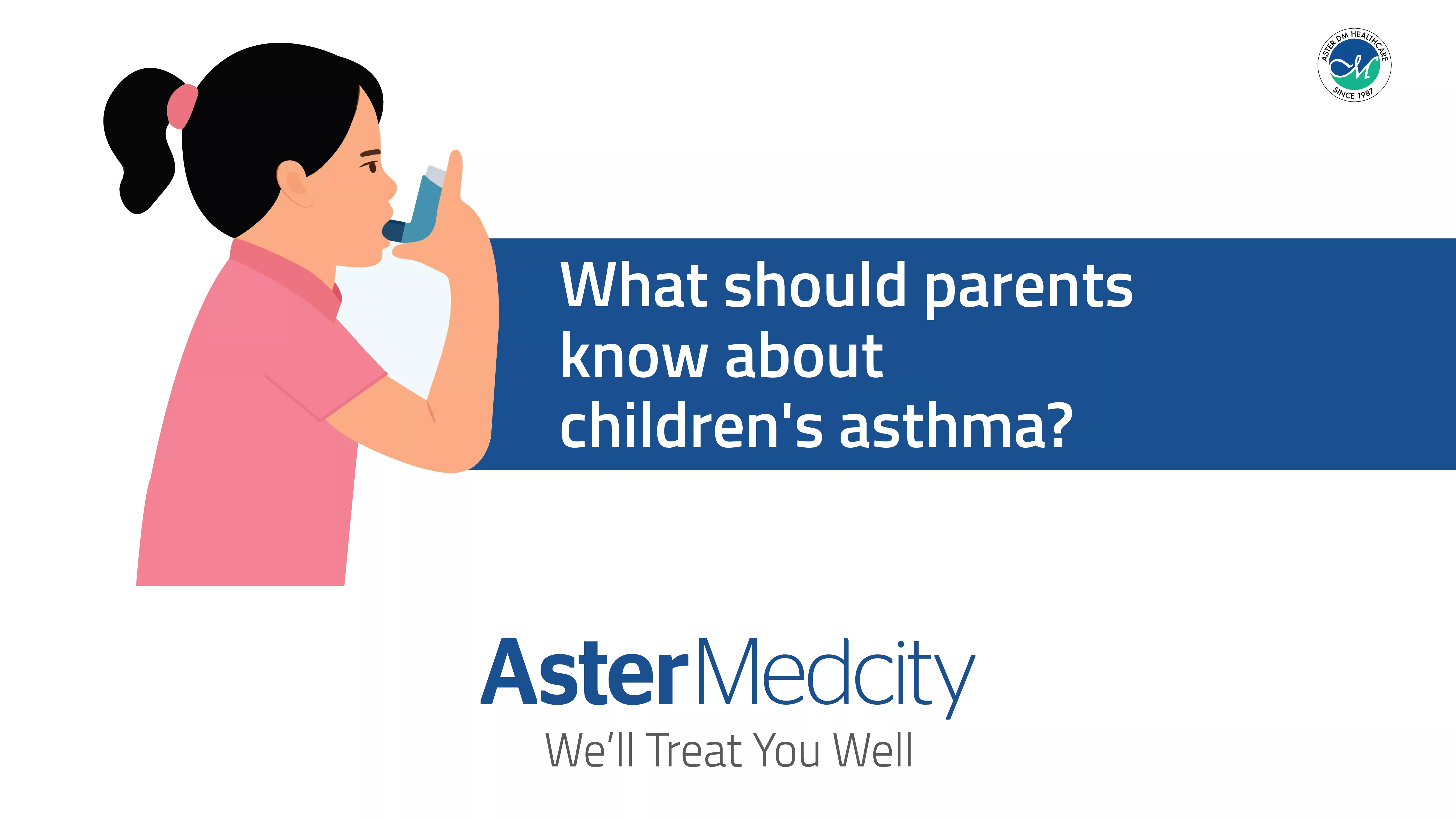Battling Allergies During Monsoon: Tips for a Sniffle-Free Season
As the monsoon season rolls in, bringing relief from the scorching heat and rejuvenating the environment, it also brings along a host of allergens that can make life miserable for many. Allergies during the monsoon season are a common occurrence, affecting individuals who are otherwise allergy-free throughout the year. In this blog, we will explore the reasons behind monsoon allergies, common allergens to watch out for, and effective tips to combat them, allowing you to embrace the rainy season without the constant sniffles.
Understanding Monsoon Allergies
Monsoon allergies are primarily caused by the increased humidity levels and the growth of mold and fungi due to the damp conditions. The rainwater provides an ideal breeding ground for these allergens, triggering allergic reactions in susceptible individuals. Additionally, pollen counts tend to be higher during the monsoon season, further exacerbating symptoms for those allergic to specific plants or grasses.
Common Allergens During Monsoon
- Mold and Fungi: Dampness and moisture in the air create a favorable environment for the growth of mold and fungi. Indoor areas, such as bathrooms, kitchens, and basements, are particularly susceptible. Common symptoms include sneezing, coughing, watery eyes, and respiratory issues.
- Dust Mites: Increased humidity also leads to an increase in dust mite populations. These microscopic creatures thrive in humid conditions and can cause allergic reactions, including itching, wheezing, and skin rashes.
- Pollen: Although pollen counts are typically lower during the monsoon season, certain plants and grasses release pollen particles that can trigger allergies in susceptible individuals. Symptoms may include nasal congestion, itchy throat, and watery eyes.
Tips to Manage Monsoon Allergies
- Keep Your Living Space Clean: Regularly clean your home, especially areas prone to dampness and mold growth. Use mold-resistant paint and ensure proper ventilation to prevent the buildup of moisture. Vacuum regularly using a HEPA filter to eliminate dust mites and other allergens.
- Monitor Indoor Humidity: Use dehumidifiers or air conditioners to maintain indoor humidity levels between 40-50%. Lower humidity levels help prevent mold growth and reduce the population of dust mites.
- Avoid Dampness: Ensure proper drainage systems in and around your home to prevent water stagnation. Fix any leaks or areas of dampness promptly. Avoid using carpets or rugs in areas prone to moisture, as they can trap allergens.
- Practice Personal Hygiene: Wash your hands frequently, especially before touching your face, to minimize the chances of allergens entering your body. Take a shower after coming indoors to wash away any allergens that may have clung to your body or hair.
- Wear Protective Gear: If you have severe allergies, consider wearing a mask or using a scarf to cover your nose and mouth while outdoors. This can help filter out allergens and reduce their impact on your respiratory system.
- Consult an Allergist: If your allergies are severe or persistent, it is advisable to consult an allergist who can conduct tests to identify specific allergens and recommend appropriate treatment options, such as antihistamines or allergy shots.
Conclusion
Don't let monsoon allergies dampen your spirits during the rainy season. By following these simple tips and adopting good hygiene practices, you can minimize exposure to allergens and alleviate allergy symptoms. Remember to create a clean and dry living environment, keep an eye on indoor humidity levels, and seek professional help when necessary. Embrace the beauty of the monsoon season while keeping those annoying sniffles at bay!








